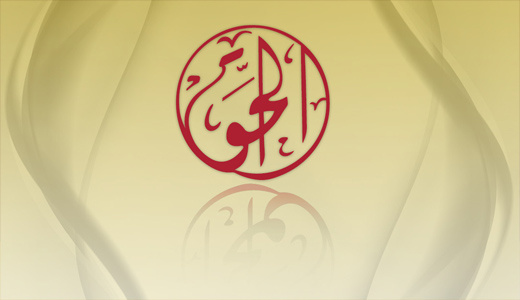- About
- News
-
Advocacy
- Accountability & Litigation
- International Advocacy
- National Advocacy
- Documentation
- FAI Unit
- Al-Haq Publications
- Library


- About
- News
-
Advocacy
- Accountability & Litigation
- International Advocacy
- National Advocacy
- Documentation
- FAI Unit
- Al-Haq Publications
- Library

 In April 2014, the State of Palestine acceded to 15 key international treaties, including the International Covenant on Civil and Political Rights (ICCPR), without any reservations. Nine months later, in December 2014, the State of Palestine acceded to the Rome Statute of the International Criminal Court (ICC) and also accepted the jurisdiction of the Court under Article 12(3) starting 13 June 2014. By acceding to these international treaties, it is important for acting bodies of the Palestinian Authority (PA), including its security apparatuses, to ensure that their practices adhere to the obligations set forth under international human rights law.
In April 2014, the State of Palestine acceded to 15 key international treaties, including the International Covenant on Civil and Political Rights (ICCPR), without any reservations. Nine months later, in December 2014, the State of Palestine acceded to the Rome Statute of the International Criminal Court (ICC) and also accepted the jurisdiction of the Court under Article 12(3) starting 13 June 2014. By acceding to these international treaties, it is important for acting bodies of the Palestinian Authority (PA), including its security apparatuses, to ensure that their practices adhere to the obligations set forth under international human rights law.
For the first time since Palestine's accession to the international treaties in April 2014, a death penalty was issued by the Palestinian Permanent Military Court for the South Northern districts of Hebron for a Palestinian military employee. On 11 January 2015, the court sentenced Sergeant A.L.A from the Palestinian National Security to death. He was accused of treason and collaboration, and his sentence was in accordance with Article 131(1) of the Palestinian Penal Code of 1979.
The right to life is a universally recognized, fundamental human right. The Universal Declaration of Human Rights and the International Covenant on Civil and Political Rights both affirm the right to life and the inherent dignity of individuals. While the death penalty is not prohibited under international law and is largely seen as an exception to the right to life,[1] there are severe restrictions to limit its use, including under Article 6 of the ICCPR. The Palestinian Military (Revolutionary) Penal Code of 1979 does not provide strict provisions for the death penalty sentence and rather the articles that include the death penalty sentence are vague in language. For example, Article 165 of the Penal Code applies capital punishment for any felony included in the Palestinian Penal Code and harms the reputation or status of the revolution. It is crucial for the State of Palestine to amend current articles of the military code in order to provide precise definitions of what constitutes a criminal offense, rather than general broad language on harming the revolution.
Relevant to the case at hand, the UN Working Group on Arbitrary Detention has also previously stated that “if some form of military justice is to continue to exist”, four rules should be observed including “it should be prohibited from imposing the death penalty under any circumstances.”[2]
Capital punishment is permitted under both the civilian and military Palestinian penal codes. According to Articles 248 and 249 of the Palestinian Military (Revolutionary) Penal Code of 1979 and Article 409 of the Palestinian Code for Criminal Procedures 2001, the head of state should ratify sentences of capital punishment. Since taking office in 2005, the President of Palestine has not ratified death penalty sentences, and therefore none have been carried out in the West Bank.
While no death sentences have been implemented in the West Bank since 2005, Al-Haq sees that it is essential for the PA to amend the current articles in relation to the death penalty as enshrined in the Palestinian Penal Code and the Palestinian Military (Revolutionary) Penal Code, abolish capital punishment and sign on to the Second Optional Protocol to the International Covenant on Civil and Political Rights, aiming at the abolition of the death penalty. Al-Haq also condemns death penalty sentences that have been implemented in the Gaza Strip, without the ratification of the President. These sentences have raised concerns regarding their contravention to national and international law due to fair trial issues.